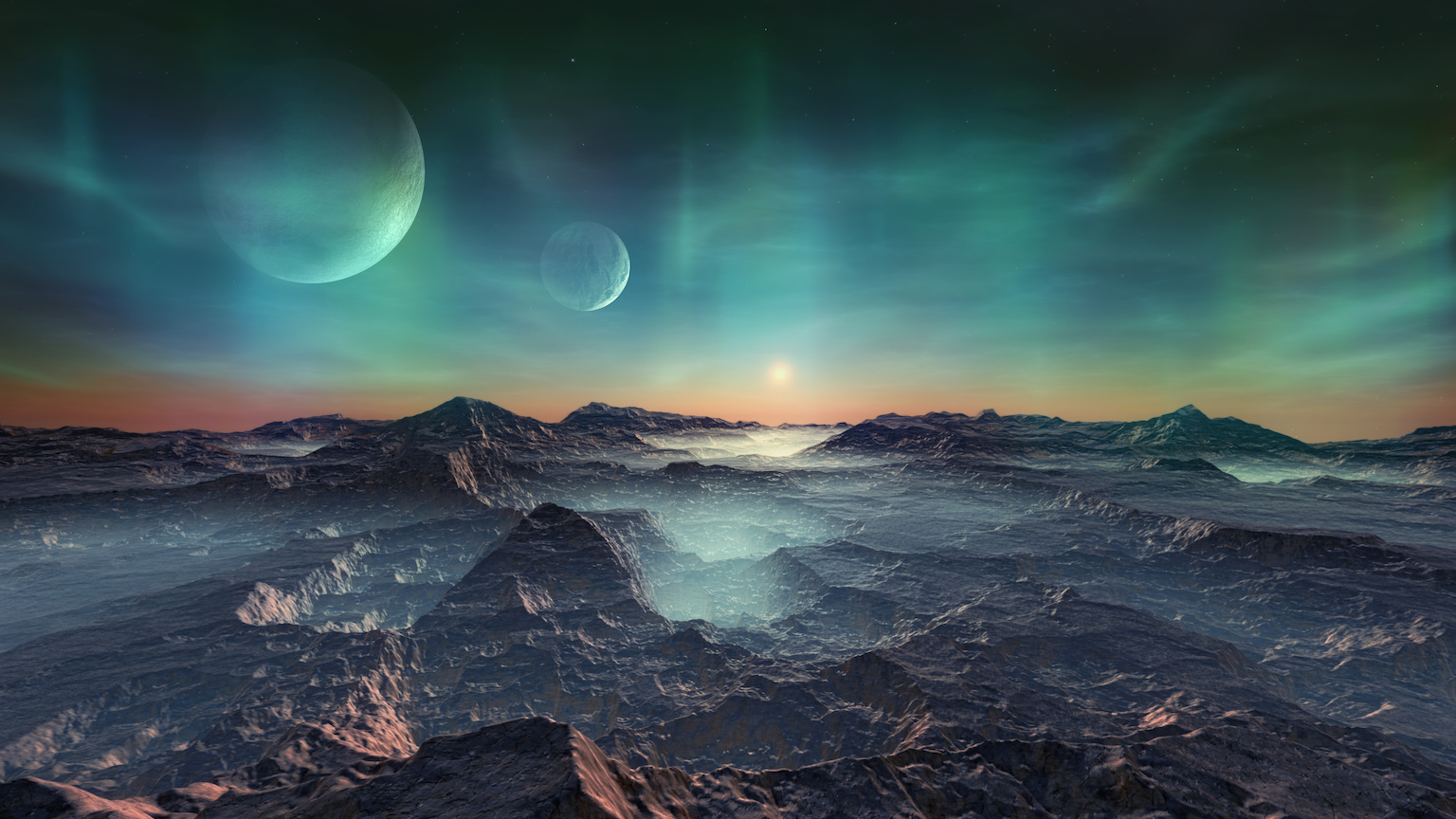What Would Isaac Asimov Say About The Current Climate of Science Denial?

There is a cult of ignorance in the United States, and there always has been. Anti-intellectualism has been a constant thread winding its way through our political and cultural life, nurtured by the false notion that democracy means that ‘my ignorance is just as good as your knowledge.’” -Isaac Asimov, “A Cult of Ignorance”, Newsweek, January 21 1980
What’s the Latest?
In his article “Science Is Not Democratic,” currently featured on the Forbes website, geologist James Conca decries society’s ignorant politicization of science and demonizes influential figures who promote an active distrust of the scientific community. Opposing scientific findings is dangerous, Conca explains. Doing so hurts business and stifles progress:
“No one expects the public to be experts or to recognize important scientific results. But we do expect that when important scientific results occur, they are implemented and used for the betterment of America and the world.”
What’s the Big Idea?
As I sift through Conca’s points, I can’t help but think of the late author and professor Isaac Asimov, who decades earlier castigated the American “cult of ignorance” and belief in “the relativity of wrong.” Conca’s apt dismissal of climate change conspiracy theorists evokes the frustrated feeling of Asimov’s like-minded contentions. There are those who falsely perceive an equivalency between the findings of science and their own uninformed opinions. This is not, as Conca notes, the purpose of democracy; it’s a bastardization of democracy.
“Science isn’t a belief system. It’s proven knowledge. It either knows the answer to a problem, or admits it doesn’t and keeps looking for it.”
Perhaps the anti-science milieu regards the above-admission — that science doesn’t always have the answer — as a sort of weakness. To do so is to completely miss the point, but that’s not nothing new for science-deniers.
Read Conca’s entire article at Forbes and keep ol’ Isaac’s words in mind when you do:
“There is no belief, however foolish, that will not gather its faithful adherents who will defend it to the death.”
Photo credit: Sampien / Shutterstock





